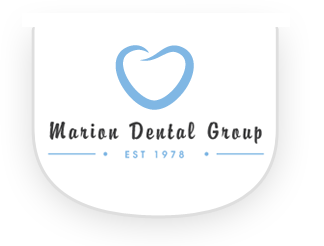-
Q?
What are the warning signs of oral cancer?
-
A.
Early symptoms of oral cancer include: a sore on the lip, in the mouth, or in the throat that does not heal; a lump on the lip, in the mouth, or in the throat; a red or white patch found anywhere in the mouth; unusual pain or bleeding in the mouth; swelling of the mouth; and any difficulty or discomfort felt in chewing or swallowing.
-
Q?
When do I need general cleanings?
-
A.
Following good oral hygiene practices includes eating the right foods, brushing after meals, flossing at least once a day, and scheduling regular dental visits. If you maintain good oral hygiene, you may need general cleanings at least twice a year. Some patients may need more more general cleanings than others.
-
Q?
What is a root canal?
-
A.
A root canal is a treatment used to repair and save a badly decayed or infected tooth. During a root canal procedure, the nerve and pulp are removed and the inside of the tooth is cleaned and sealed. Without treatment, the tissue surrounding the tooth will become infected and abscesses may form.
The term "Root canal" describes the natural cavity within the center of the tooth where the soft pulp and pulp chamber is located. Here lies the tooth's nerve lies within the root canal. After the tooth has emerged through the gums, it's nerve is not vitally important to the tooth's health and function. Its only function is sensory. It's presence or absence does not affect the day-to-day functioning of the tooth.
-
Q?
When should a child have his/her first dental appointment?
-
A.
A child should have his first dental appointment no later than his third birthday. We recommend a child have the first appointment when the first tooth comes in.
-
Q?
What is Periodontal disease?
-
A.
Periodontal disease is an infection of the gums caused by the buildup of plaque, and its earliest stage is known as gingivitis.
-
Q?
What causes tooth loss?
-
A.
Tooth decay and periodontal disease are the most common causes of tooth loss. Tooth decay takes place when most of the tooth's mineral makeup has been dissolved away and a hole (cavity) has formed. While tooth decay primarily affects children, periodontal disease, or gum disease, affects mostly adults.



